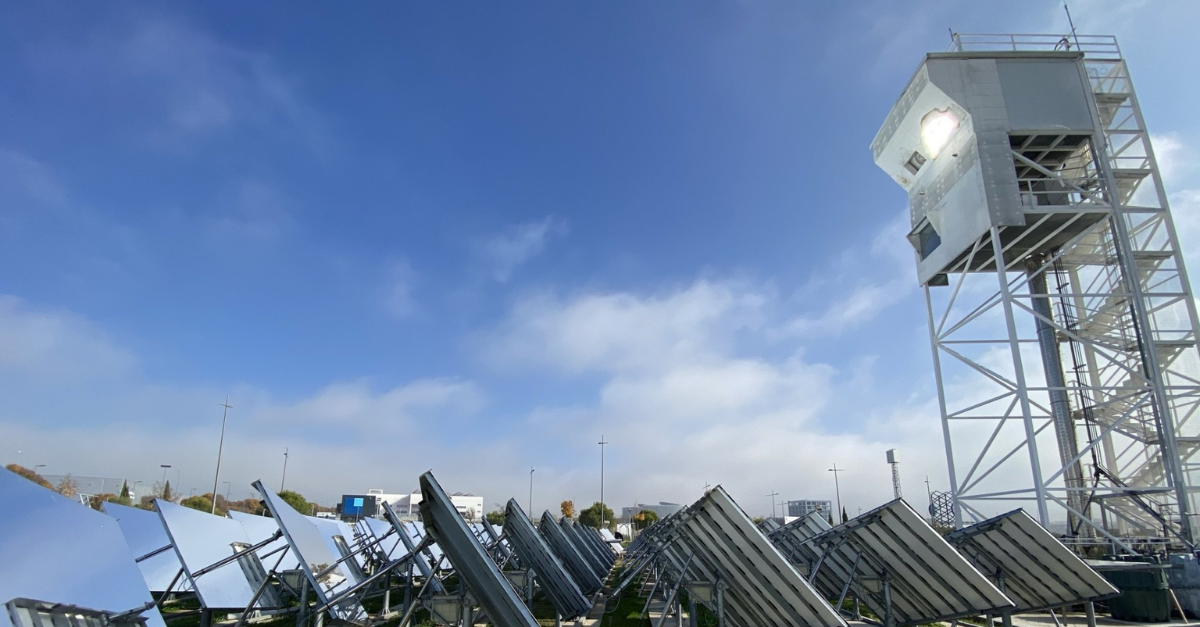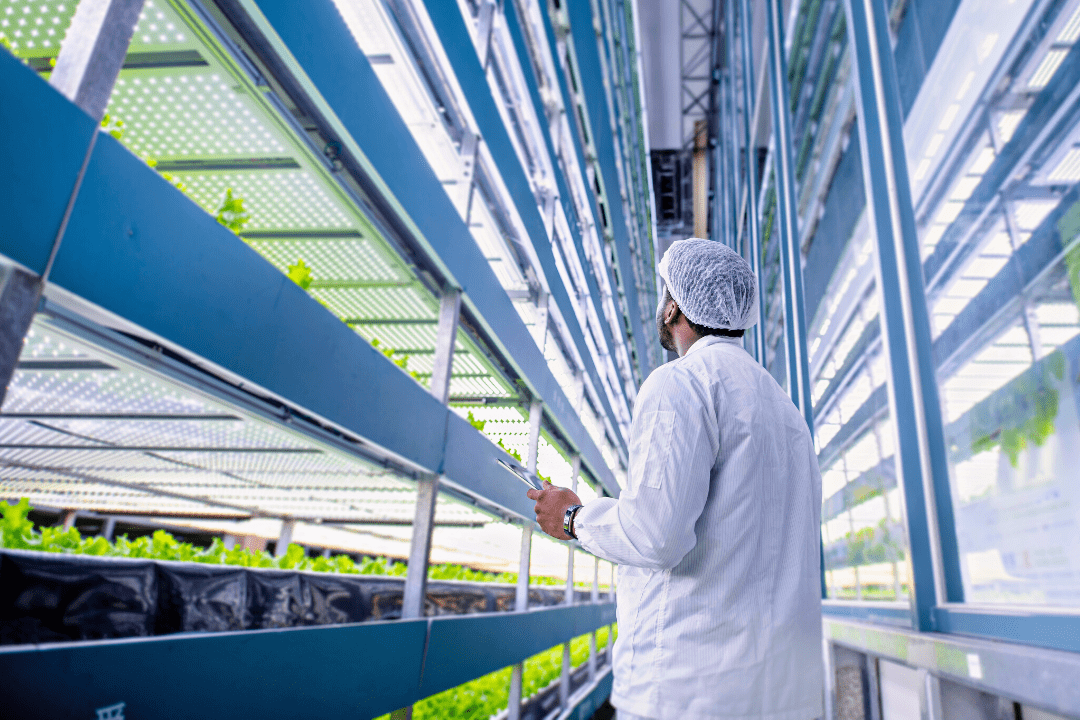
Synhelion, the global pioneer in the area of carbon-neutral solar fuels based in Lugano in the canton of Ticino, will now be in a position to expand the scope of its solar process heat in the United States in addition to scaling its technology: The United States Department of Energy has awarded Synhelion and its partners, the globally active Mexican construction materials firm CEMEX and Sandia National Laboratories based in New Mexico and California, financial backing to the tune of 3.2 million US dollars for their joint project entitled Solar MEAD, further details of which can be found in a press release. The project aims to decarbonize the cement production industry.
The partners intend to use Synhelion technology to produce the necessary cement clinker on a large scale without turning to fossil fuels. They already succeeded in achieving this in laboratory tests last year. Clinker is produced by fusing limestone, clay and other materials in a rotary kiln at temperatures nearing 1,500 degrees Celsius. Until now, fossil fuels have been used to heat the furnace.
Synhelion is the first company to generate sustainable process heat over 1,500 degrees Celsius by way of concentrated solar radiation. Therefore, for the first time, it is possible to operate industrial processes such as the production of fuel or cement using solar heat.
The spin-off from the Swiss Federal Institute of Technology in Zurich (ETH) demonstrated the feasibility of its technology in 2019 with a mini-refinery housed on the roof of ETH Zurich. Synhelion is currently building the first industrial plant for solar kerosene in Jülich, Germany. The first commercial production plant is scheduled to commence operations in Spain in 2025. The company works with international partners such as Eni, Lufthansa, Swiss International Air Lines, SMS Group, Wood, AMAG and Zurich Airport. mm
Innovation Hub Greater Zurich Area
Innovation Hub Greater Zurich Area
Switzerland and the Greater Zurich Area in particular are world leaders in research, knowledge and innovation. The established exchange between academic institutions and the private sector as well as access to highly qualified specialists make the Greater Zurich Area an innovation hub.
Discover why Switzerland regularly ranks first in terms of innovation.
The PDF outlines why Greater Zurich is a top location for European expansion.
Learn more about the advantages of doing business in the Greater Zurich Area.
Related news
Meet with an expansion expert
Our services are free of charge and include:
- Introduction to key contacts in industry, academia, and government
- Advice on regulatory framework, taxes, labor, market, and setting up a company
- Custom-made fact-finding visits, including office and co-working space
